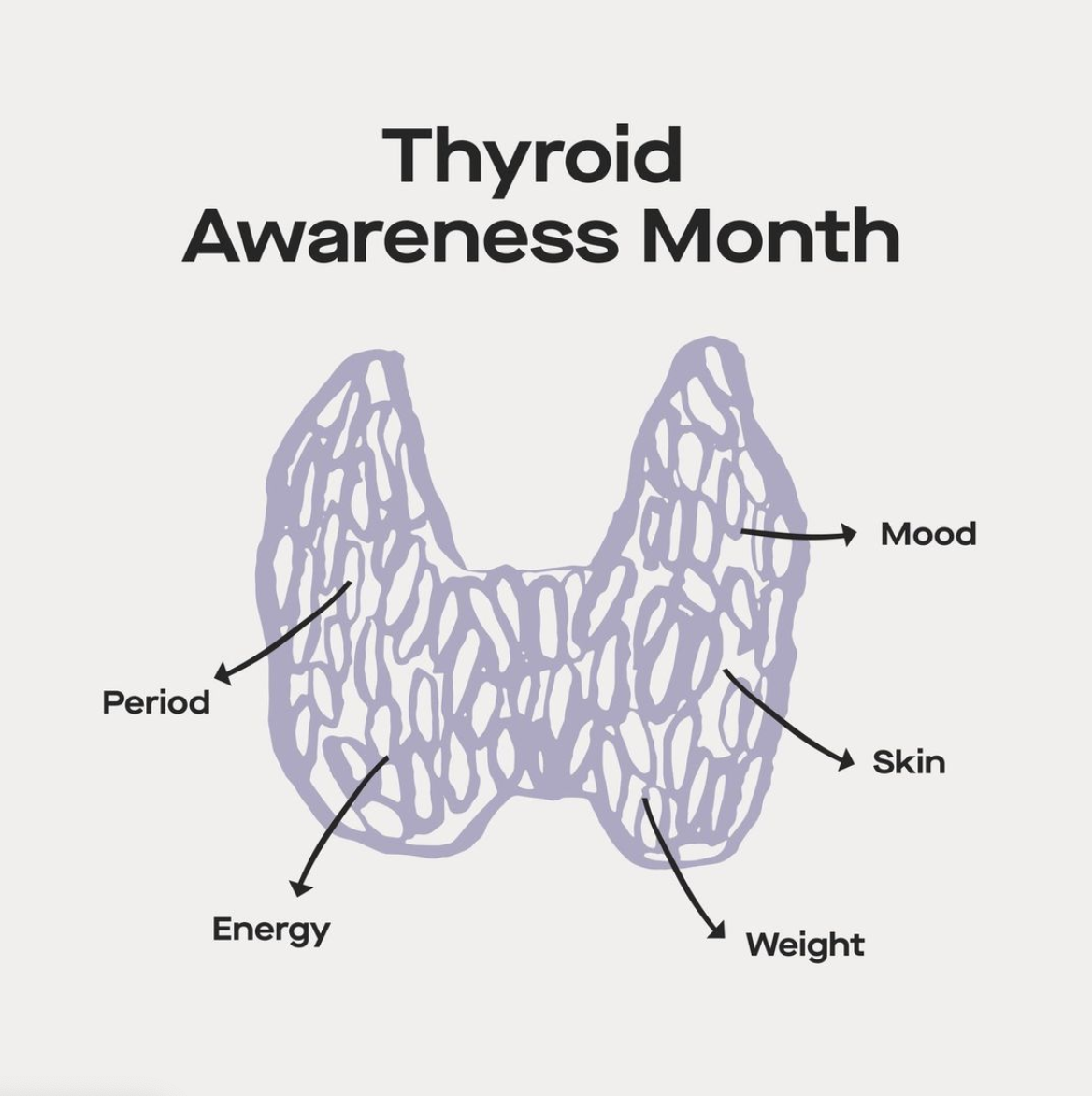
Female Fertility in 2022: What Every Elder Millennial Needs to Know *Now*
If you’re feeling imbalanced, not aligned, trying to learn more about fertility, or struggling with fertility, check out Modern Fertility. The most comprehensive fertility hormone test you can take at home to be proactive about your fertility.
Sadly, as an elder millennial I feel that we’ve really missed the boat on education around fertility so I fully support the mission to empower women and help us learn more about our reproductive system and hormones! And because I work from home I am 100% about the test-at-home lifestyle.

A MUCH better way to check in
Why haven’t you heard of this test at your OBGYN’s office? Proactive fertility hormone tests are not covered by federal insurance. In some states, reactive “infertility” testing can be covered—but you have to prove that you’ve been trying to get pregnant for a year (yikes). Getting info to plan ahead? Not covered at all—and these same tests can run upwards of $1000 at the doctor.
The Modern Fertility Hormone Test is the most affordable and accessible way to check-in on fertility hormones today (Plus you can use your HSA/FSA)
I have hypothyroidism and I had to ask my doctor several times to run a full hormone panel. I had to really speak up and advocate for myself. I didn’t understand why either. Hormones are so important to understand and monitor because they affect so many things in your body. Knowledge is power.
What you get with the Modern Fertility Hormone Test
- A customized fertility hormone test. The test is custom-made to suit your needs and current life situation – regardless of whether you’re on birth control or not, the test is created specifically for you and will always include AMH, a hormone that is a very reliable marker for ovarian reserve and TSH.
- Personalized reports explaining how your hormones relate to ovarian reserve, menopause, egg freezing, IVF, and more.
- Downloadable levels to start a conversation with your doctor.
- Access to the Modern Community — you don’t have to go through things alone, because you definitely aren’t!
- A one-on-one consultation with a fertility nurse or access to a weekly “Egginar” to get answers and support.
What will you learn?
- All about your eggs, aka your “ovarian reserve”— if you have more or fewer eggs than average for your age.
- Your thyroid levels. Thyroid can affect your mood, skin, weight, energy, and ovulation.
- Identify any red flags. 1 in 10 women have PCOS. Hormones can detect (not diagnose) PCOS.
- What your timeline could look like— i.e. if you could hit menopause earlier or later than average.
- Egg freezing or IVF outcomes. We’ll help you understand if you’d collect more or fewer eggs than average in these procedures.

What does the test look for?
Put in simple words, the test looks into your ovarian reserve to get an estimate of how many eggs you have by measuring AMH, a hormone that gives a pretty good sense of your ovarian reserve and how it relates to your age (whether it’s normal, high, or low).
You’ll also get an idea of when you can expect to hit menopause, as well as any issues that may interfere with your reproductive health like thyroid disorders or polycystic ovary syndrome, which are conditions that may create problematic pregnancies.
This information is so, so important if you want to have kids. By knowing exactly where you stand, you can make decisions in regard to family planning. For example, if you find out you have fewer eggs than average or are expected to hit menopause early, you can choose to move your plans up a bit or consider freezing your eggs. If you find out you have a condition that may interfere with a healthy pregnancy further on, you can look for further medical help to treat it so it doesn’t create problems further on.

What makes Modern Fertility Stand out From the Crowd?
One of the things that make Modern Family stand high above every other test is the fact that they go way beyond that. After the test is done, you get access to the support you need to make decisions based on your health, the options available, as well as your choices. You also get to talk with a fertility nurse, join weekly “Egginars” to get educated by experts on the topic and get access to a community where you can find support and make friends with women going through a similar life stage.
Another huge thing is that each test is completely customized to suit your needs. You won’t be getting a generic test, but instead, you’ll be reviewed and ordered by a physician. Afterward, your test will be customized based on your birth control (that’s another super important thing here – you CAN get accurate results even if you’re currently on birth control).
Even though I don’t necessarily condone going cheap for anything related to your body, Modern Fertility is the exception here. Regular clinic tests can cost way over $1000, but Modern Fertility’s prices are extremely affordable. The fact that you get to save a ton of money is amazing, but what I love about them is the fact that they created an accessible test for women who may not be able to afford in-clinic ones. This means everyone can start getting an idea of what their reproductive health looks like even if kids are far, far away in their plans so they can better plan their future.
How it works
Instead of spending a thousand dollars and having to go to the doctor, all you have to do is fill out an online test so Modern Fertility can custom-create a test. Then, the test will be mailed to your home, and you’ll need to collect a small blood sample (it’s a simple finger prick test), mail it back to the lab, and you’ll soon get all the information you need to know to plan your fertility’s future! So simple and stress-free!

What can you learn from your AMH?
Anti-Mullerian hormone, or AMH, is produced by granulosa cells in your ovarian follicles — the tiny sacs in your ovaries that house and release eggs. While your AMH isn’t a crystal ball into your fertility future, it *can* tell you a lot about your reproductive health.
1. AMH is a reliable marker of ovarian reserve.
Research shows AMH is the most reliable way to measure ovarian reserve (aka egg count) because it’s produced by the developing ovarian follicles.
2. AMH helps you understand your reproductive window.
Higher AMH likely means a longer reproductive window than others your age, while lower AMH likely means a shorter reproductive window than others your age. (Low ovarian reserve doesn’t necessarily mean you won’t be able to get pregnant, but having this knowledge can be helpful when you’re mapping out your timeline for kids.)
3. AMH helps you identify common conditions.
While AMH isn’t part of the official criteria used to diagnose PCOS, high levels may indicate one common symptom: a large number of underdeveloped ovarian follicles. Your levels can help you start a conversation with your healthcare provider about your risk for PCOS and other conditions.
4. AMH helps you predict the outcomes of egg freezing and IVF.
Since AMH correlates with the number of eggs available for ovulation, AMH can help you understand how many eggs may be extracted during egg retrieval for fertility treatments like egg freezing and IVF.
No matter what birth control you’re on (if you’re on it), you can check in with your AMH — and keep track of how it’s changing over time — with the Modern Fertility Hormone Test.

What you need to know about the thyroid gland + fertility
What’s the thyroid again? A small, butterfly-shaped gland in the neck that impacts a wide range of bodily processes — including fertility.
What does the thyroid have to do with fertility? Thyroid function and production of some of the most important fertility hormones are both regulated by the hypothalamus-pituitary axis (HPA): an interconnected duo of the hypothalamus (a part of the brain that produces hormones) and the pituitary gland (which waits for its cue from the hypothalamus).
Why this matters: Thyroid disorders (like hyper- or hypothyroidism) can impact the amount of fertility hormones released. When any of these deviations from the status quo happen, they can disrupt (or stop) menstrual cycles — and without the complete cycle, an egg won’t be made available (read: ovulated) for fertilization.

5 Things I Learned From Modern Fertility
- Having a successful pregnancy does not guarantee another successful pregnancy says Dr.Nataki Doulas, ND, PhD, Chair of the Modern Fertility Medical Advisory Board. Many people and couples have what’s called secondary infertility – or challenges with getting pregnant after a past healthy pregnancy.
- Using Plan B does not affect your fertility, Dr. Douglas says. Once you get your period after taking Plan B, she explains, the Plan B hormones are out of your system.
- Using plastics is potentially linked to adverse effects on fertility. Chemicals called EDCs are found in everyday items like plastic bottles so try to limit your usage as much as possible and use glass to store food.
- Miscarriages affect 1 in 4 women
- Up to 40% of couples may have a male factor when it comes to infertility.

When I took the test I learned so much about myself. My only regret is that I didn’t do it sooner. It felt nice to be able to talk to someone and learn more information. I left feeling so empowered.
Whether you’re trying for kids or not. Modern Fertility products are designed to give you more agency over
your reproductive health, so you can own the decisions impacting your body and your future.
Find out more or get yours here!
**This post is sponsored by Modern Fertility – all opinions are my own.



